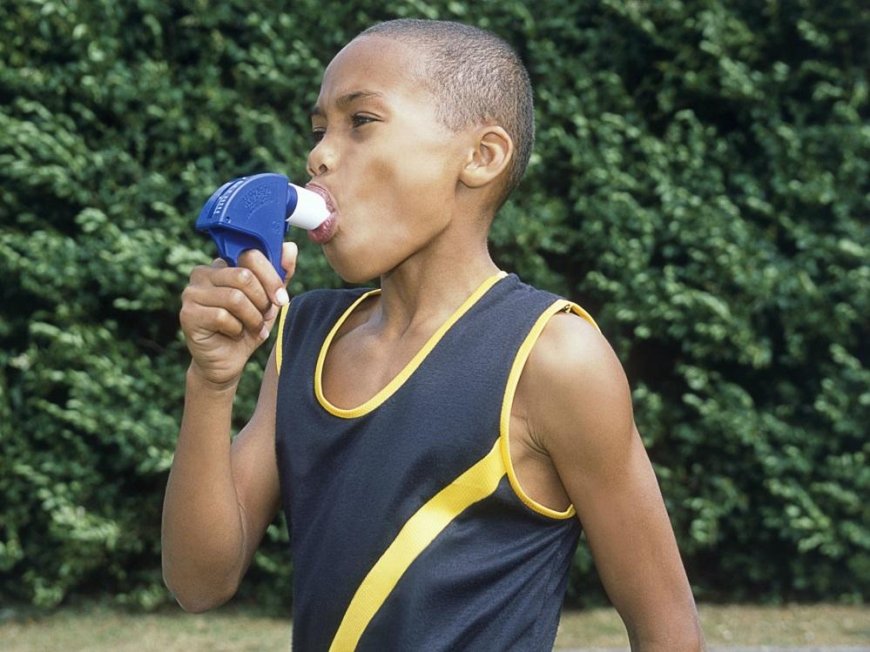The best sport for asthma children
under constant control. Here are the sports that are most recommended for our kids with asthma. The best sport for asthma children.

Children with asthma can play sports as long as their disease is under constant control. Here are the sports that are most recommended for our kids with asthma. The best sport for asthma children.
Children with asthma do not need to avoid sports at all costs. In fact, being physically active and playing sports can help keep them in better shape. In addition, exercise helps people with asthma to strengthen their breathing muscles. However, for children with asthma, some sports are better than others. We'll talk about it in our today's article.
What sports are best for children with asthma?
It goes without saying that some sports are more difficult for children with asthma than others. For example, cycling, golf or archery are unlikely to trigger asthma attacks in children. However, there are other disciplines that may be more difficult in this regard. This is the case with football, basketball, athletics or field hockey.
Overall, all active sports, which require a lot of energy and little time to rest, are quite a challenge for toddlers with asthma. However, this does not mean that children with asthma cannot play these sports. With proper training and the right medication, they too can practice these disciplines.
Experts often advise children with asthma to play sports such as yoga, martial arts, baseball, fencing, volleyball, and golf. Swimming is also often recommended for these children, however, it should be approached with caution and carefully monitored for the health of the child due to exposure to chlorine.
Triggers of asthma attacks during sports activities
An important point that children should be aware of is what is causing an asthma attack while practicing sports. Parents play an important role here, not only in identifying these causes, but also in ensuring that the child does not lose confidence.
We should not lose sight of the fact that, vigorous exercise is perhaps the second most common factor in triggering an asthma attack. Among other things, knowing the causes that trigger an asthma attack will help you take the appropriate precautions.
It will also help your child "pause" for a while so that the asthma attack is not too severe and troublesome. For example, sports in cold weather can be difficult for children with asthma because these conditions put more strain on the lungs.
Must Read: Development Mindset: Be the best version of yourself
Intense sports can also be dangerous, as can sports that are practiced for long periods without rest or with few breaks. These sports are also more difficult for children with asthma to handle.
When exercise causes symptoms in a child with asthma, the most common complaints are coughing and shortness of breath, followed by chest tightness. There is less mention of wheezing.
In any case, the physical fitness of a child with asthma is an important factor to consider when assessing their participation in sports. Especially if there is also a problem in the form of overweight or obesity.
This does not mean that a child with asthma who is not fit should not play sports; on the contrary, it should do so, but slowly. So that it can gradually get into good shape and that asthma attacks do not cause loss of interest in physical activity.
How to approach sports for children with asthma?
Treatment of children with asthma who play sports must be tailored to their specific needs. In fact, it is very important to discuss this with your doctor.
Experts generally recommend that children with asthma use the inhaler 15 to 30 minutes before exercising. In addition, it should spend more time warming up than usual in order to get used to the exercise. This will help your child breathe better while exercising.
In addition, children with asthma should always have inhalers at hand when playing sports. This will allow them to use it when they feel they are having an asthma attack. If your child is unable to carry an inhaler, it should be close and accessible.
Moreover, both the coach and teammates should have access to such an inhaler to ensure that the child has access to it when needed.
